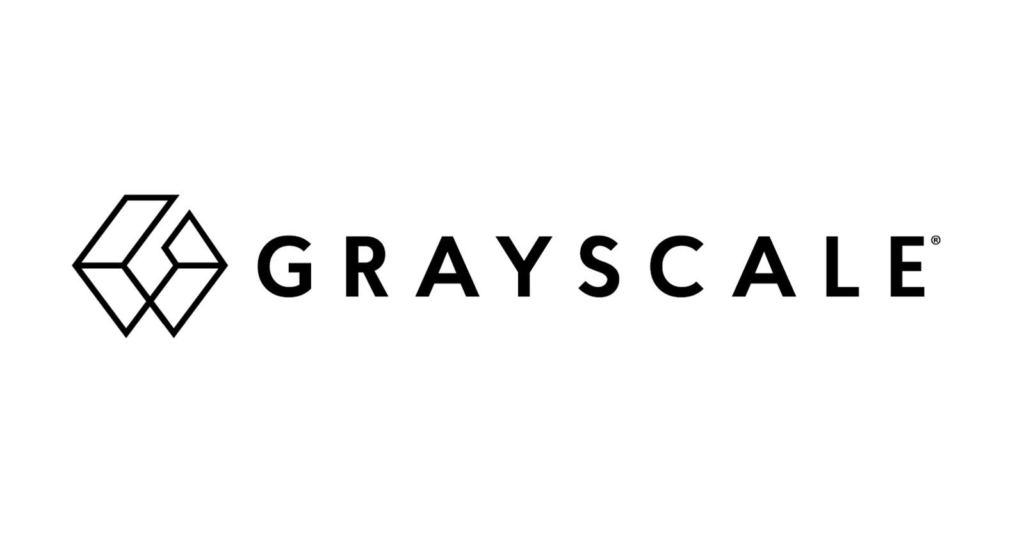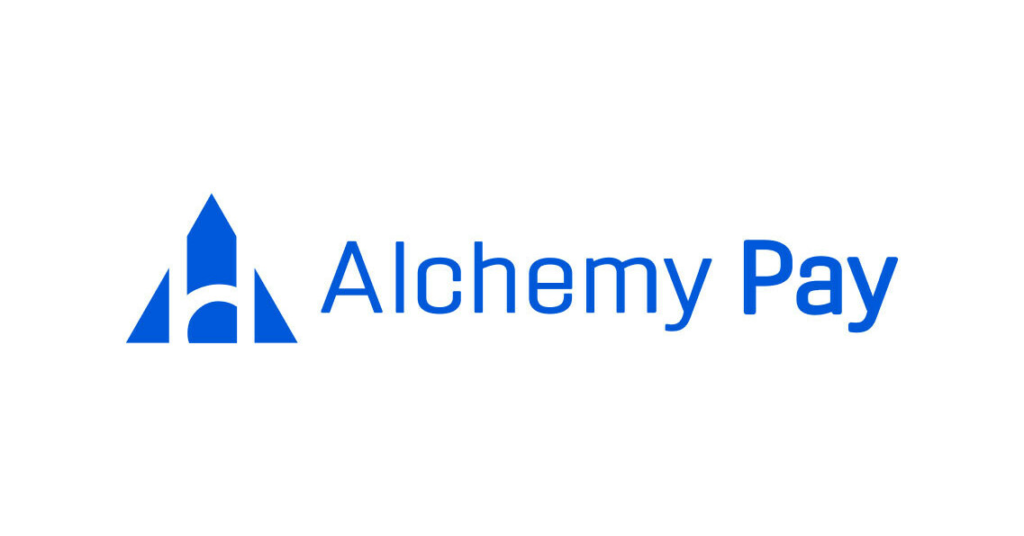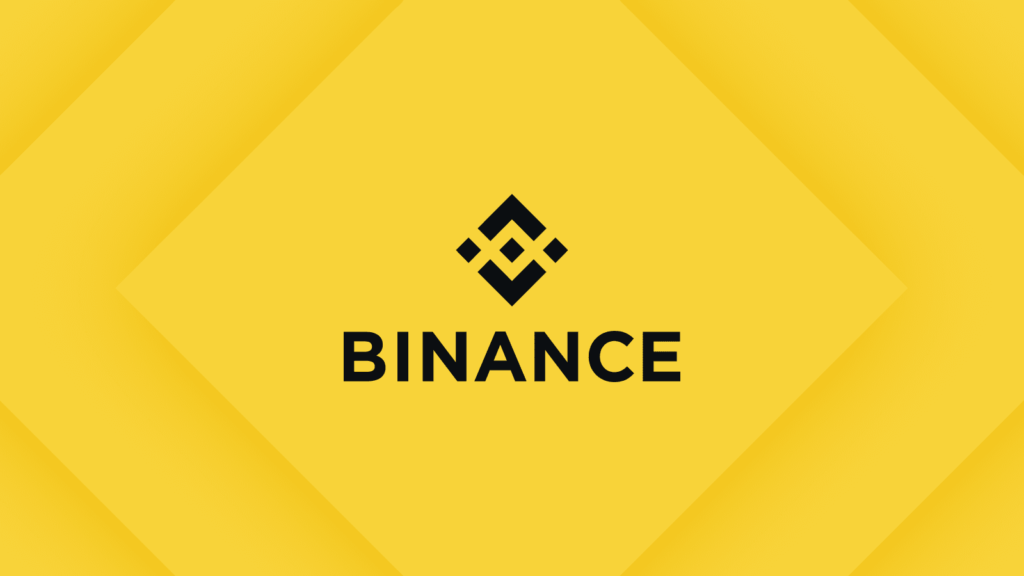• Grayscale met with SEC to discuss spot Bitcoin ETF details

Executives from crypto asset manager Grayscale have met with the Securities and Exchange Commission to discuss details of its flagship Bitcoin trust, which the firm wants to convert to a spot Bitcoin exchange-traded fund (ETF).
Grayscale detailed that it had entered a transfer agency and service agreement with BNY Mellon, according to a filing shared by Bloomberg ETF analyst James Seyffart.
The bank will act as the agent for its Grayscale Bitcoin Trust (GBTC), facilitating the issuance and redemption of shares and maintaining shareholder accounts.
In a Nov. 21 X (formerly Twitter) post, Seyffart observed that the trading and markets division is in charge of approving or denying Form 19b-4s — used to inform the SEC of a proposed rule change by a self-regulatory organization.
• Bitcoin Halving Is 5 Months Away and Hash Rate Just Hit an All-Time High

Bitcoin’s hash rate has hit a new all-time high—indicating that the network is stronger than ever. Just in time for next year’s highly anticipated halving.
The total Bitcoin hash rate hit 491 exahashes per second (TH/s) Wednesday, according to data from Blockchain.com. This means that every second, mining machines around the world securing the Bitcoin network are making 491 quintillion hash computations.
• KyberSwap DEX exploited for $46 million, TVL tanks 68%

Around $46 million in various crypto assets has seemingly been drained from the decentralized KyberSwap exchange in the latest decentralized finance exploit.
On Nov. 23, the Kyber Network team alerted its users, stating in an X (Twitter) post that KyberSwap Elastic “has experienced a security incident.”
It advised users to withdraw their funds as a precaution and added that it was investigating the situation.
According to Debank data, around $46 million has been pilfered in the attack, including roughly $20 million in Wrapped Ether (wETH), $7 million in wrapped Lido-staked Ether (wstETH) and $4 million in Arbitrum (ARB).
The funds were split across multiple chains, including Arbitrum, Optimism, Ethereum, Polygon and Base.
• Alchemy Pay bags money services license in Iowa, expands US services

The Singaporean crypto-fiat payment gateway, Alchemy Pay, announced a further expansion into the United States market on Nov. 23 with the acquisition of its money services license in the state of Iowa.
According to local state regulations, any entity or individual engaged in currency exchange or money transmission business in Iowa must hold the license.
In September, the company received its money transmitter license (MTL) in Arkansas. The company says it has already completed the application for MTL licenses in additional U.S. states and anticipates answers in the coming months.
• Australia’s tax agency won’t clarify its confusing, ‘aggressive’ crypto rules

Australia’s tax regulator has been unable to clarify confusing aspects of its new guidance that suggests capital gains tax (CGT) is payable on a slate of everyday decentralized finance (DeFi) transactions.
The Australian Taxation Office (ATO) failed to answer direct questions from Cointelegraph on whether staking Ether on Lido or transferring funds via bridges to layer-2 networks are CGT events, leaving DeFi users in the dark about how to comply.
The Nov. 9 guidance from the ATO said CGT is payable when transferring tokens to another address or smart contract that a person doesn’t have “beneficial ownership” over or if the address has a non-zero balance of the tokens.
Exchanging “one crypto asset for a right to receive an equivalent number of the same crypto asset in the future,” providing liquidity to a protocol, wrapping tokens and loaning assets are ATO examples of DeFi uses incurring a CGT event.
• Is Binance’s $4B settlement the green light for spot Bitcoin ETFs?

Binance’s $4.3-billion settlement with the United States was the final hurdle before the country’s securities regulator approves spot Bitcoin exchange-traded funds (ETFs), many industry watchers claim.
The settlement involved Binance agreeing to Justice Department and Treasury compliance monitors for up to five years, allowing the agencies sweeping powers to keep the exchange in line with Anti-Money Laundering and sanctions rules, among other things.
The U.S. Securities and Exchange Commission has cited market manipulation when denying spot Bitcoin ETFs, and Binance’s market dominance had to take a hit before BlackRock’s spot BTC ETF application would be approved, according to a June X (Twitter) post by Travis Kling, chief investment officer of Ikigai Asset Management.
Concluding Notes:
- Grayscale met with SEC to discuss spot Bitcoin ETF details
- Bitcoin Halving Is 5 Months Away and Hash Rate Just Hit an All-Time High
- KyberSwap DEX exploited for $46 million
- Alchemy Pay bags money services license in Iowa
- Australia’s tax agency won’t clarify its confusing, ‘aggressive’ crypto rules
- Is Binance’s $4B settlement the green light for spot Bitcoin ETFs






